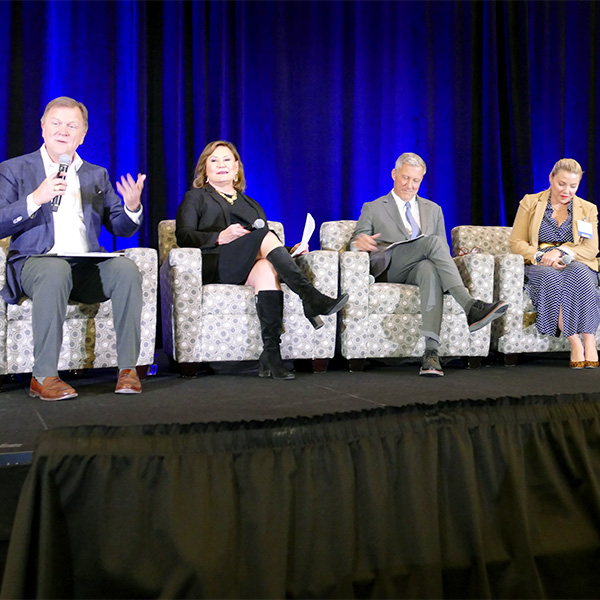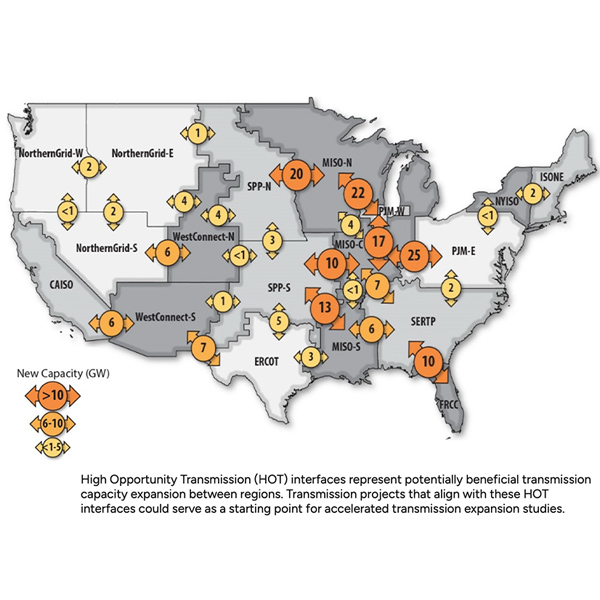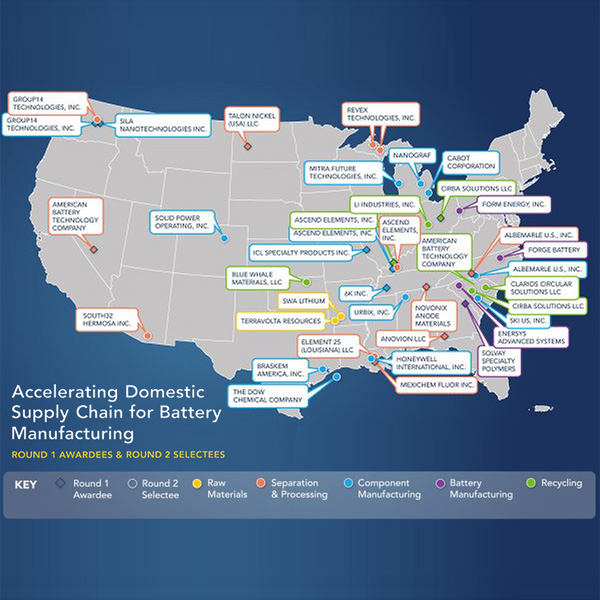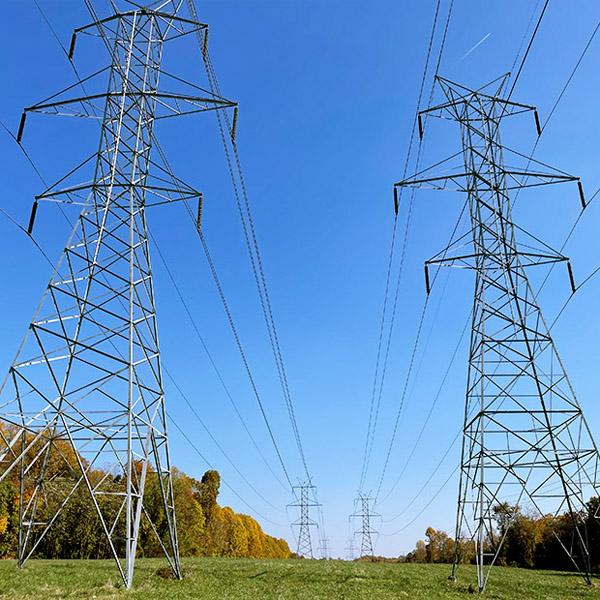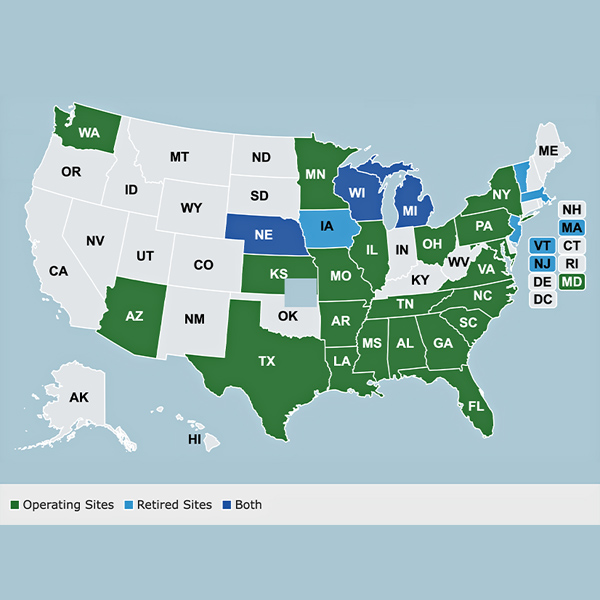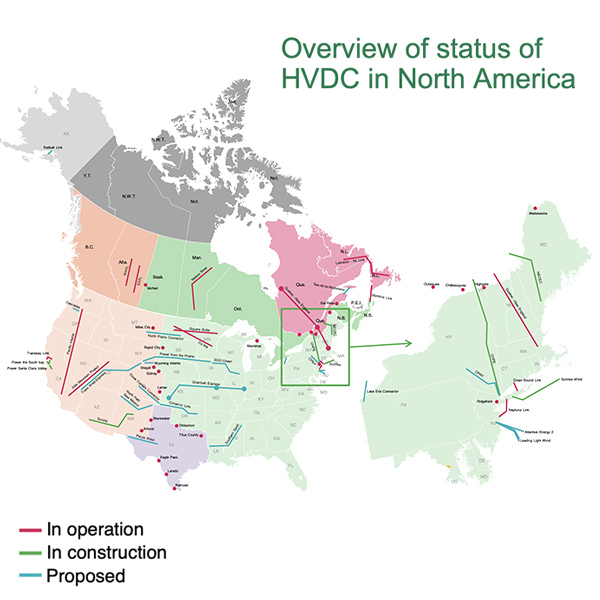Department of Energy
FERC acted on rehearing requests for Order 1977, finalizing the rules it will follow under limited backstop siting authority for transmission lines.
The Gulf Coast Power Association again reported a record attendance for its annual Fall Conference and discussions on the industry’s future, emerging grid technologies and Texas’ 2025 legislative session.
A proposed transmission project to relieve transmission constraints in Maine has received a major boost with the U.S. Department of Energy’s announcement of an up-to $425 million investment in the project, but challenges still remain.
The Department of Energy announced two actions to support the expansion of the transmission grid: investing up to $1.5 billion in four specific projects around the country and releasing the final National Transmission Planning Study.
A panel on hydrogen at the National Clean Energy Week Policymakers Symposium provided a state-of-the-industry update.
With the presidential election five weeks away, the fate of permitting reform and the Inflation Reduction Act were top of mind for attendees and speakers at the National Clean Energy Week Policymakers Symposium.
DOE has selected 25 battery supply chain projects to receive $3 billion in grants from the Infrastructure Investment and Jobs Act, according to an announcement.
The effort seeks to increase public participation in grid planning and provide technical assistance for planners to help them incorporate energy equity into their processes.
The U.S. Department of Energy estimates that existing and recently retired nuclear power sites could host an additional 60 GW to 95 GW of new nuclear generation.
Before the use of HVDC transmission lines can be expanded in the U.S., the offshore wind industry needs to set some standards, according to a joint company survey.
Want more? Advanced Search

